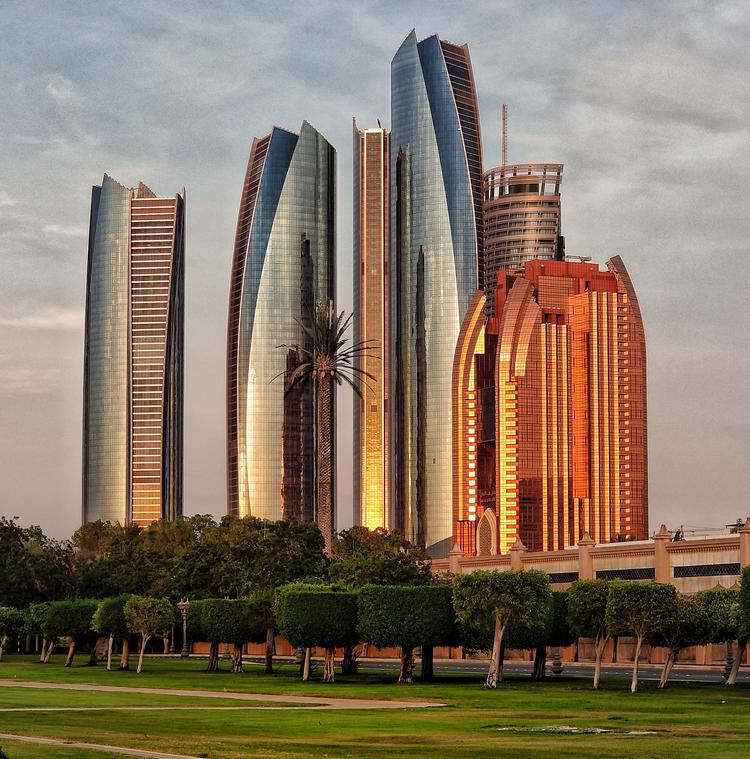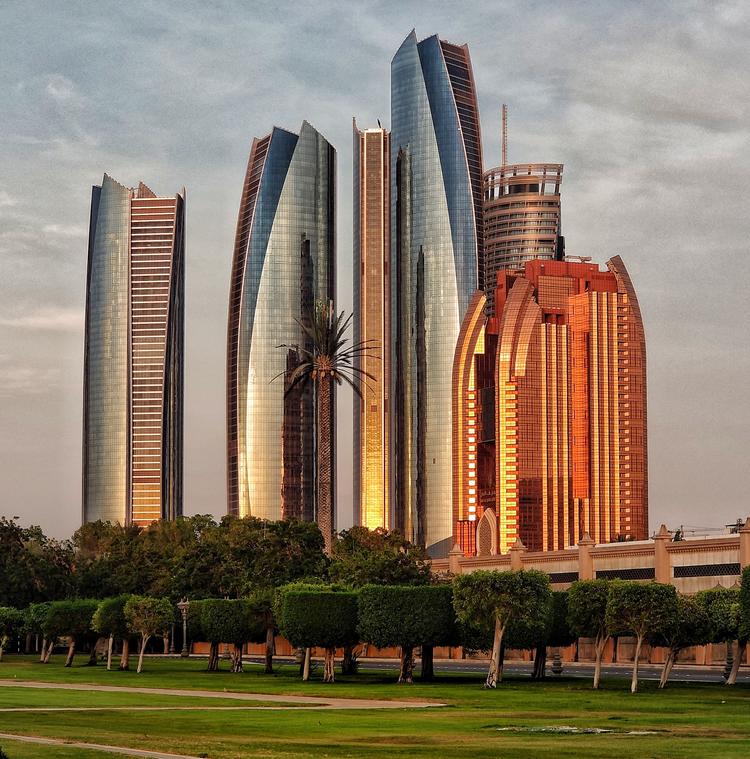COP28 Success Depends on Civic Space
( Human Rights Watch) – Speakers at a recent climate and health summit in Abu Dhabi were advised by the conference organizers not to “criticize Islam, the government, corporations or individuals” or protest while in the United Arab Emirates (UAE), according to a recent investigation by the Financial Times.
A chilling message given the UAE is set to host COP28, the global United Nations climate conference, at the end of this year.
The warning to speakers is a stark reminder of the UAE government’s zero tolerance policy towards criticism. Since 2011, UAE authorities have carried out a sustained assault on freedom of expression and association, arresting and prosecuting scores of independent lawyers, judges, teachers, students, and activists, including Ahmed Mansoor, a leading Emirati human rights defender. The government has shut down key civil society associations and the law effectively prohibits protests. In late 2021, wide-ranging legal changes were introduced that have deepened the repression.

Photo of Abu Dhabi by Kamil Rogalinski on Unsplash
When asked whether criticism of the government’s policies or businesses, including through protest, would be permitted during COP28, a UAE spokesperson said organizers would ensure “there are safe spaces where all voices may be heard.” It’s hard to imagine any participant feeling reassured by this statement given the pervasive use of digital surveillance and the UAE’s zero tolerance for criticism even extends to jailing foreign residents and foreign nationals visiting the country.
But beyond the specific dangers for participants attending COP28, there could be wider repercussions for those hoping to advocate for urgent and ambitious climate action. Reporting about the health and climate harms of fossil fuels in the UAE, which is one of the world’s largest oil producers and expanding its operations, could be dangerous for those who wanting to undertake research or who dare to speak up. It also creates an ominous atmosphere for civil society organizations who play a critical role in calling out governments and corporations looking to undermine efforts to address the climate crisis by watering down the COP28 conclusions.
In response to these concerns, the UN Framework Convention on Climate Change Secretariat, who is helping to organize COP28 under the auspices of the UN, emphasized the importance of public participation for the success of climate conferences. Unless the UN and governments make this a priority and demand the UAE to ease its grip on civic space and uphold rights, there’s a very real risk that many participants at COP28 will stay silent on crucial issues. This could have a disastrous impact on the success of the summit, and its stated aim of delivering solutions for an increasingly urgent climate crisis.




 © 2026 All Rights Reserved
© 2026 All Rights Reserved